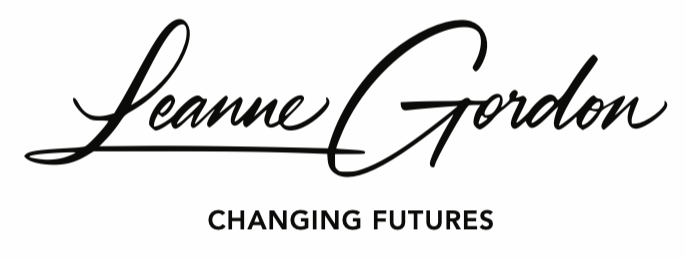Acting Lessons
I should have taken acting lessons!
This facetious remark from someone in the workshop hid a deeper truth.
Many of our workplaces encourage us to be actors. In the performative workplace, to be seen and heard doing the thing, as opposed to doing the thing, is all that seems to matter.
Not only does this sap energy and meaning out of work for us at a personal level, it ripples through our team culture. It is often adopted as a core leadership value, and like anything, the more it is extrinsically rewarded, the more of it we see.
It is a feature of the workplace that I’ve seen across my entire working life.
The jacket placed on the back of a chair, the desktop curated to portray busyness, are symbols to betray the reality that someone had left ‘early’ for the day. Anything to avoid saying out loud that they had completed all necessary tasks, had a commitment to collect their child, and they’d be leaving at their contracted finish time (for a change).
Or, the vital breakfast meeting called at 6pm the previous evening, and creating all sorts of logistical and emotional challenges for attendees, that turns out to be a talk fest where everyone nods and agrees over their morning coffee, playing the role of the committed professional.
Or, the too-numerous-to-mention examples of digital dramaturgy where emails are timed to perfection, hacking of fake keyboard strokes and mouse movement, or remaining logged becomes an art form.
The paradox of a performative culture is that we are often encouraged to act in accordance with the script of the “ideal employee” in order to gain the trust of those we work with, or for. Yet the more we act, instead of do and be, the more we erode any trust in the workplace itself, those who lead it, and our colleagues. Eventually we lose trust in ourselves.
Of course, there’s an alternative, and I’ve seen this first-hand, too.
When we create workplaces where the trust comes first, we can drop the show, and get on with the performance. In a trust-led, human-focused workplace, things are open, transparent, respectful and real, where we find the meaning and purpose, belonging and satisfaction that we humans crave, and deserve.
Shakespeare might have said, all the world’s a stage, but we get to choose what sort of player we want to be in it.
Now, that’s a change worth making, don’t you agree.

